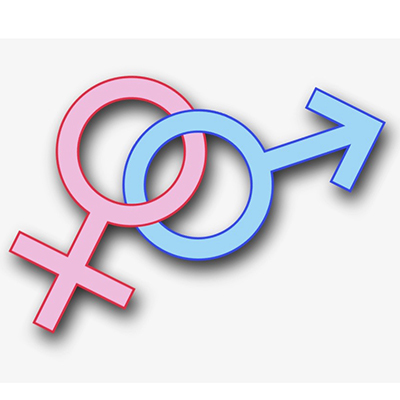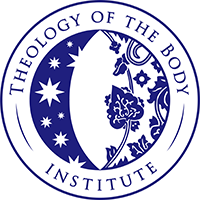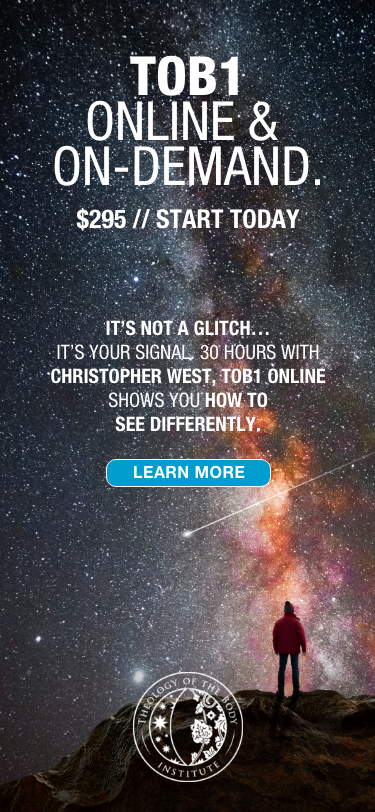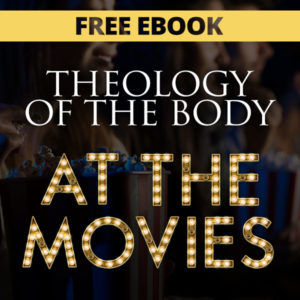

23 Keys for Unlocking the Mystery of Gender, Identity and Human Sexuality
23 Keys for Unlocking the Mystery of Gender, Identity and Human Sexuality

Who am I?
This fundamental question is asked ultimately by every person ever born. What is this great mystery of human life; what is our origin and what is our destiny? As Catholics, informed by Sacred Scripture (God’s Word) and the great gift of reason and human experience (man’s understanding), we propose the following points to serve as a kind of manual on this mission of self-discovery.
1. The Catholic understanding of the human person is that we are more than just a biological organism. Our body is animated by a soul. We are, in fact, a body and soul marriage, a harmony of spirit and matter. We have a transcendent and immortal destiny that makes us different from the animals. We laugh, cry, sing, love, hate, and yearn more than any creature in the world for something more than what the world can give us. Deep in our hearts is an unquenchable thirst for an unending happiness that lies somehow beyond us. “My heart and my flesh cry out for the living God.” (Psalm 84:2)
2. The human person, however, never departs from the body. This immortal destiny in God is for the whole person, body and soul. Catholics believe we are not ghosts in a machine, or spirits trapped in bodies waiting to be set free. Nor would we ever say something like “the real me” is a disembodied thought, or a detached mind that’s opposed to our body. We are our body.
3. Our quest for identity is always and deeply linked to our sexual nature, because “what God has joined, (body and soul) no one may separate.”
4. In the beginning God made us in His image, male and female. Biologically, existentially, our quest for our identity flows then from a mother and a father. Not a single person on earth comes into existence without this combination of male and female. Catholics believe this means something. This signifies something that is us and is also pointing beyond us.
5. Because of original sin (the easiest dogma in the Church to prove, just look in the mirror!), we are born into a kind of identity disorder, a struggle, a wrestling match with ourselves and the world. We’re always searching “through a glass darkly” for our true identity. It is always inescapably linked to our sexuality.
6. We are all the fallen sons and daughters of Adam and Eve, and our beginning in this world is already a “trail of tears” — a pilgrimage to a wholeness we know somehow must exist but which our parents could not give us. We all have a mother wound and a father wound.
7. In the quest for our identity we should all prayerfully ponder our relationship or lack thereof with our mothers and fathers. There are significant graces and crosses in this self-reflection.
8. The gender dysphoria and the myriad of gender variations offered to us today through gender ideologies are all cries to reconcile the mother wound and the father wound within us; to find essentially a reconciliation and a harmony within our heads, hearts and bodies; a peace within our given masculinity or femininity.
9. There are many variables and factors that come to play within us and outside us to form us in our human identity. It would be a disservice to pretend we are only spiritual, and ignore the body, just as much as it would be wrong to imagine we can be reduced to only our physiology or genes, at the expense of the soul.
10. This isolation and separation of body from soul, gender identity from sexuality, will only deepen our mother and father wounds, and distract us from our quest to discover authentic femininity and masculinity.
11. Nothing in our quest for identity should compel us to do violence to a healthy body or act in a way against the nature of our sexual organs and their procreative dimension.
12. We should listen to creation, it speaks a truth. We should listen to this potentially procreative, generative meaning inscribed in us as male and female.
13. Every one of the trillions of somatic cells in the human body has 46 chromosomes, except the gametes, or sex cells, which hold 23 chromosomes. Only they hold half the number, as if to say “We hold the two halves of a key to the mystery of every human life!”
14. Catholics believe we are made in the image of God, Who is a Blessed Trinity of Love, a Communion of Persons; Father, Son, and Holy Spirit. We believe Man, Woman and Child, the human family, are theological, imaging the love of the Three Persons of the Trinity.
15. So motherhood and fatherhood — expressed either physically in marriage or spiritually in loving service to others — are the true ends of all women and men. All human beings are made for relationship through either form of life-giving complementarity.
16. The goal of a man is to have a “feminine-integrated masculine heart, and a woman to have a masculine-integrated feminine heart.” (Roch Gernon)
17. There are certainly abnormalities and anomalies, like rare intersex births, deep-seated same sex attraction, impotence and infertility in individuals today, but none of these should negate the norm or cast a cloud over the deeper spiritual sign of the human body as an image of the life-giving love of God as a Blessed Trinity, in Whose image we are made for this life-giving communion.
18. An over emphasis on epigenetics, hermaphrodite anomalies, or certain genetic proclivities as the defining factors of our identity puts more weight on the flesh than the spirit; it is a deterministic approach that ends with taking away our freedom, our free will and our hope!
19. We must not place our whole identity on a feeling or attraction, but on the whole arc of the human person as an embodied thirst for the Infinite. In the words of the late Msgr. Lorenzo Albacete, “We talk about different ‘sexual orientations’ in human life. But the ultimate orientation of human sexuality is the human heart’s yearning for infinity. Human sexuality, therefore, is a sign of eternity.”
20. As the Catechism of the Catholic Church observes, “The number of men and women who have deep-seated homosexual tendencies is not negligible. This inclination, which is objectively disordered, constitutes for most of them a trial. They must be accepted with respect, compassion, and sensitivity. Every sign of unjust discrimination in their regard should be avoided.” (Catechism 2358)
21. Through the body God is teaching us about Love, especially in the incarnate body of Jesus, the Bridegroom, the Word Who became flesh! “Jesus Christ fully reveals man to himself and makes his supreme calling clear.” (Vatican II, Gaudium et Spes, 22)
22. Rather than attempt to redefine the meaning of our gender, we should recall our genesis in Genesis, wherein God generously generated human life to generously generate the generations of men and women who would continue to reflect the image of God in this great dance of human life and love, of the masculine and the feminine.
23. “The dynamics of the relationship between God, man and woman, and their children, are the golden key to understand the world and history, with all that they contain…” (Pope Francis)



